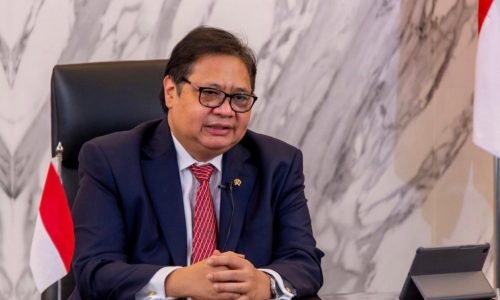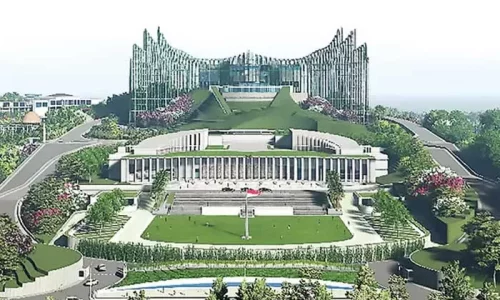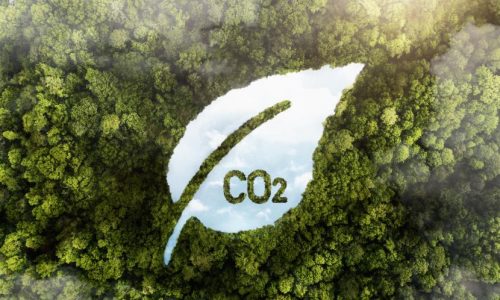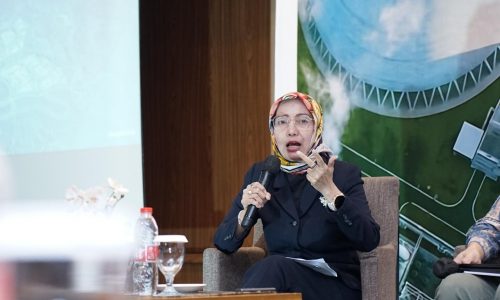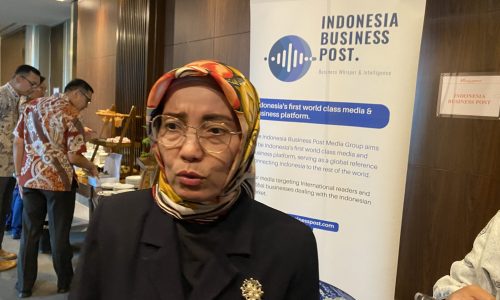In the latest updates from the Jakarta 2024 gubernatorial election, the pair of Pramono Anung and Rano Karno have emerged victorious in the city-level vote recapitulation across Jakarta’s five administrative regions.
The Jakarta Election Commission (KPUD) has completed the tiered vote tallying process, which began at the subdistrict level in 44 districts, marking a significant milestone towards final results.
As of Wednesday night, December 4, 2024 all election commission offices in Jakarta’s districts have ratified their plenary sessions, setting the stage for the next phase at the provincial level. Pramono and Rano secured the top spot in all areas, maintaining a commanding lead in the overall vote count.
The final plenary session held by the Central Jakarta KPUD at Hotel Merlyn revealed that the Pramono-Rano ticket garnered 220,372 votes, outpacing their closest rivals, Ridwan Kamil and Suswono (RIDO), who secured 152,235 votes. Dharma Pongrekun and Kun Wardana, the third ticket, secured 44,865 votes.
This trend was mirrored in other areas, with Pramono and Rano also leading in South Jakarta. In vote-counting held at Hotel Grandhika Kebayoran, they received 491,017 votes, a significant lead over RIDO’s 375,391 votes, and Dharma-Kun’s 90,294 votes.
Further out in East Jakarta, Pramono-Rano triumphed with 635,170 votes, surpassing RIDO’s 535,613 and Dharma-Kun’s 136,935 votes. The couple also dominated the Kepulauan Seribu district, collecting 7,456 votes out of 15,161 total voters.
In West Jakarta, Pramono and Rano earned 500,738 votes, well ahead of RIDO (386,880 votes) and Dharma-Kun (109,457 votes). Similarly, they led by a significant margin in North Jakarta with 328,486 votes, beating RIDO’s 261,463 votes and Dharma-Kun’s 77,026 votes.
As of now, the total vote tally for Pramono and Rano stands at 2,183,239 votes. The Chairman of the Jakarta KPUD, Wahyu Dinata, has announced that the province-level recapitulation will be completed by Monday, December 9, 2024, and hopes that the public will see the final results by then.





